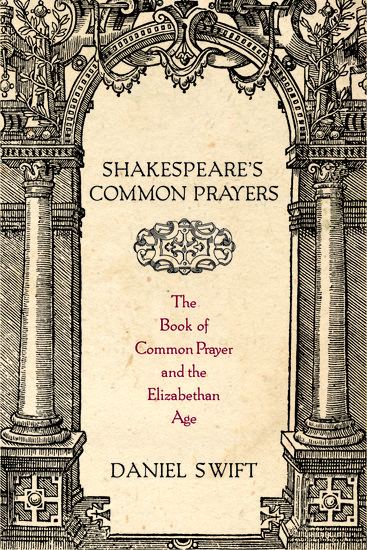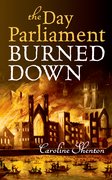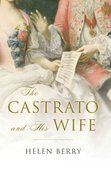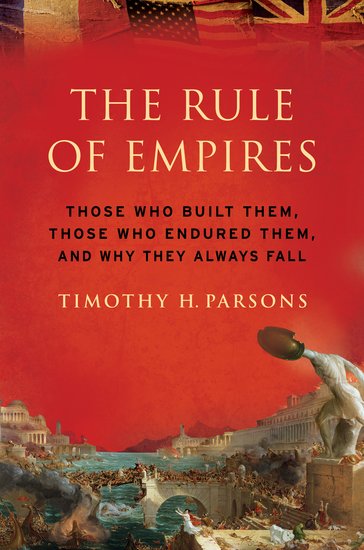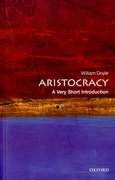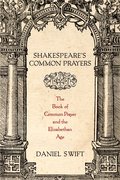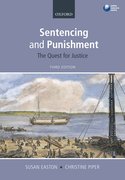The familiar face of Winston Churchill
By Christopher M. Bell
Churchill, a tireless self-promoter in his own time, would undoubtedly have taken a great deal of satisfaction from knowing that the legend he helped to craft would endure well into the twenty-first century. Unlike most politicians, he was deeply concerned with how he would be remembered – and judged – by history.




